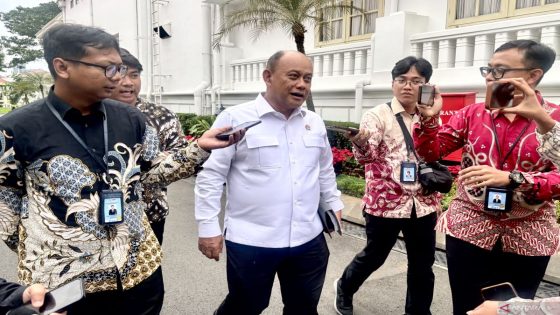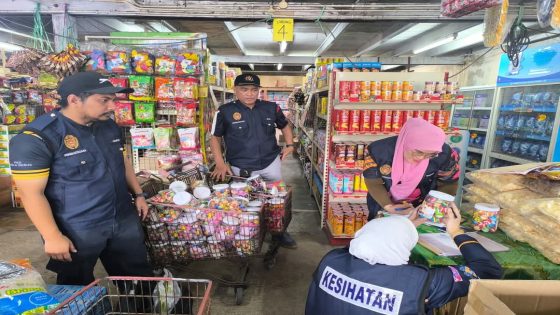On January 22, 2025, the Head of the National Nutrition Agency, Dadan Hindayana, announced that President Prabowo Subianto confirmed sufficient funding for the Free Nutritious Food Program (MBG) from the national budget. But what does this mean for Indonesian families? The program aims to support millions of children and mothers, ensuring they receive essential nutrition.
- President Prabowo Subianto confirms MBG funding.
- Budget details are outside Dadan's authority.
- MBG budget sourced solely from APBN.
- Target of 82.9 million beneficiaries by 2025.
- Additional funding required as beneficiaries increase.
- Foreign aid limited to training and support.
Indonesia’s Free Nutritious Food Program: A Lifeline for Families
How can a government initiative transform the lives of millions? The MBG program is set to provide essential nutrition to 82.9 million people by the end of 2025. With a budget allocation of Rp71 trillion for the first four months, this initiative is a significant step towards improving public health in Indonesia.
Key Benefits of the Free Nutritious Food Program in Indonesia
The MBG program is designed to address severe nutritional gaps among vulnerable populations. Here are some key benefits:
- Provides free nutritious meals to children, pregnant women, and nursing mothers.
- Aims to reduce malnutrition rates significantly by 2025.
- Enhances the overall health of future generations.
- Utilizes government funds, ensuring transparency and accountability.
Funding and Implementation of the MBG Program
The Indonesian government has allocated substantial funds to ensure the success of the MBG program. The budget is expected to reach Rp400 trillion by 2026, with a focus on increasing the number of beneficiaries. This strategic investment highlights the government’s commitment to tackling malnutrition.
Community Involvement and Support for the Program
Community engagement is crucial for the success of the MBG program. Local partnerships will help in implementing the initiative effectively. This collaboration can lead to better outreach and support for families in need.
































